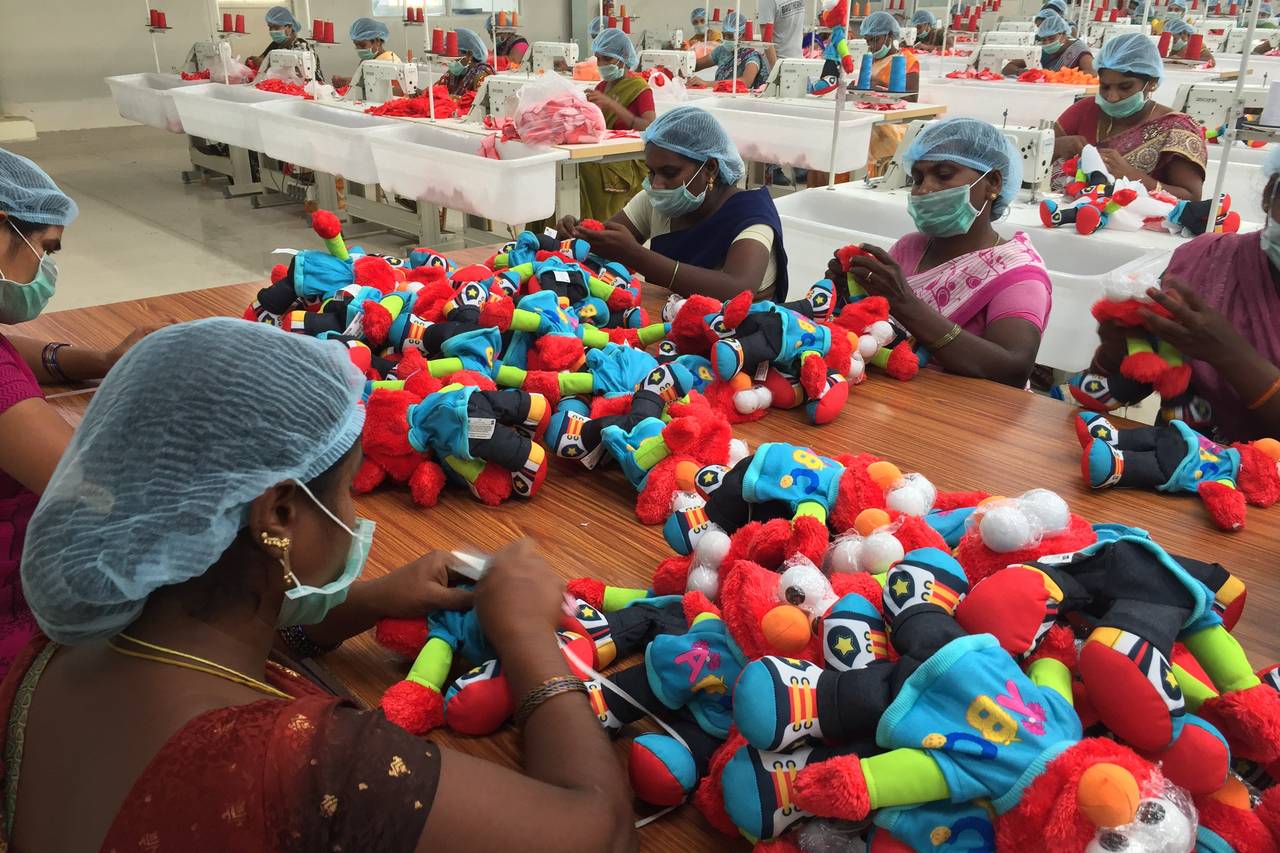Feeling motivated by Prime Minister Narendra Modi’s vision for India to become a global hub for toy manufacturing, the All India Toys Federation (AITF) hopes to rise above the current economic difficulties to achieve this goal.
PM Modi, on Mann Ki Baat – a monthly radio broadcast, had said that India is home to several toy clusters and thousands of artisans who produce indigenous toys. “These toys don’t only have cultural connect, but also help build psycho-motor and life-skills among children at an early age,” he said.
Abdullah Sharif, vice president of AITF, said they support the PM’s vision, but it would take some time to achieve. The India toy industry is currently struggling with a large-scale slump in demand and issues stemming from economic uncertainties. And the COVID-19 pandemic has made it worse by causing a shortage in the supply of toys to the Indian market.
BIS certification a hurdle
Sharif said the AITF hopes that the government will give them some more time to gain a certification from the Bureau of Indian Standards (BIS). From September 1, all toy manufacturers and importers need a valid BIS licence to continue to manufacture and import new toys. But the AITF is apprehensive that toy MSMEs, majority of whom are facing a financial crunch, would not be able to adhere to these standards right away. “For this, we need an additional 18 to 24 months to ensure that all micro, small and medium toy enterprises can rise to this challenge,” he explained. “We fear that such measures can hinder the PM’s vision, causing smaller units to shut down. We’d be left with only big MNCs, who will sell expensive branded toys in their store chains.”
India has potential of becoming a big hub for production of toys: PM Modi on self-reliant India
To overcome this, the federation has proposed a Scheme II for toys. Through the Scheme, the AITF requests BIS accredited labs to test their goods up to BIS standards, than leaving them to set up such labs on their own. “We also need an overhaul in terms of investment in tooling, moulds and new talent in toy design and development,” Sharif said. “Very few domestic and nearly none of the foreign toy manufacturers have been able to apply for the required BIS certification, due to multiple clauses. The standards include quality requirements, the onus to set up testing labs and the process’s time-consuming length.” Sharif suggests collaborating with existing labs will help them focus on building a toy arsenal for the depleted Indian market.
The federation said the toy industry had been hit badly by the pandemic. “Local and international travel restrictions have put curbs on the movement of workers, resources and finished products at all levels.”

